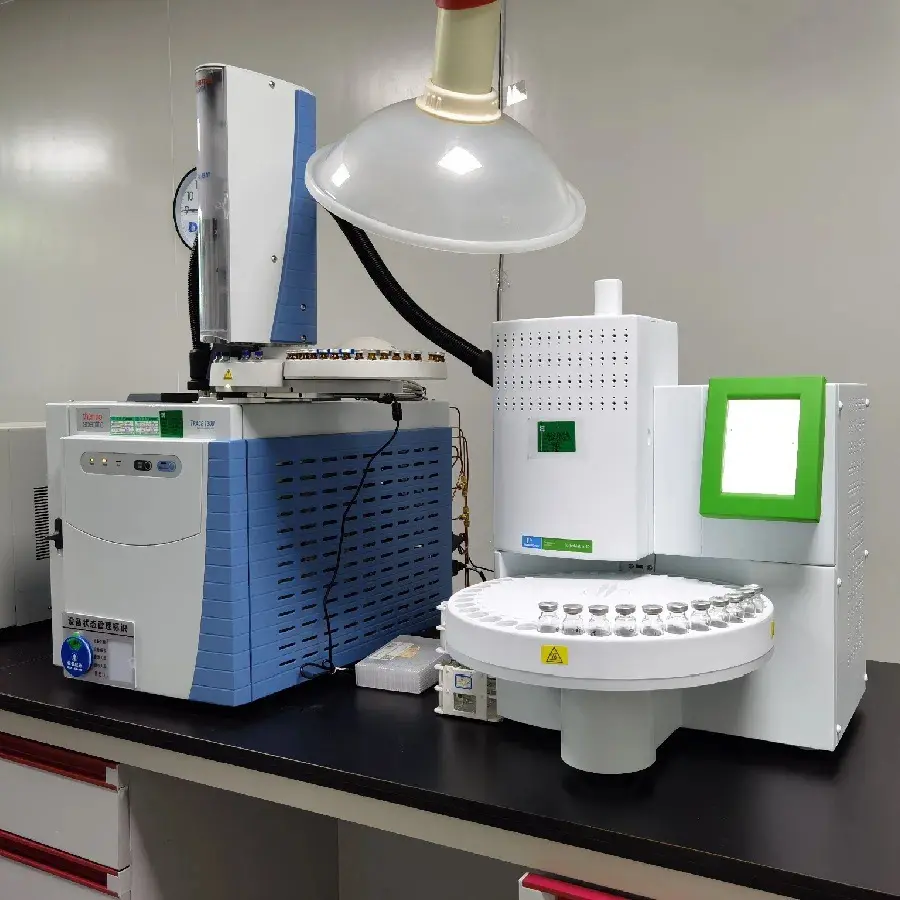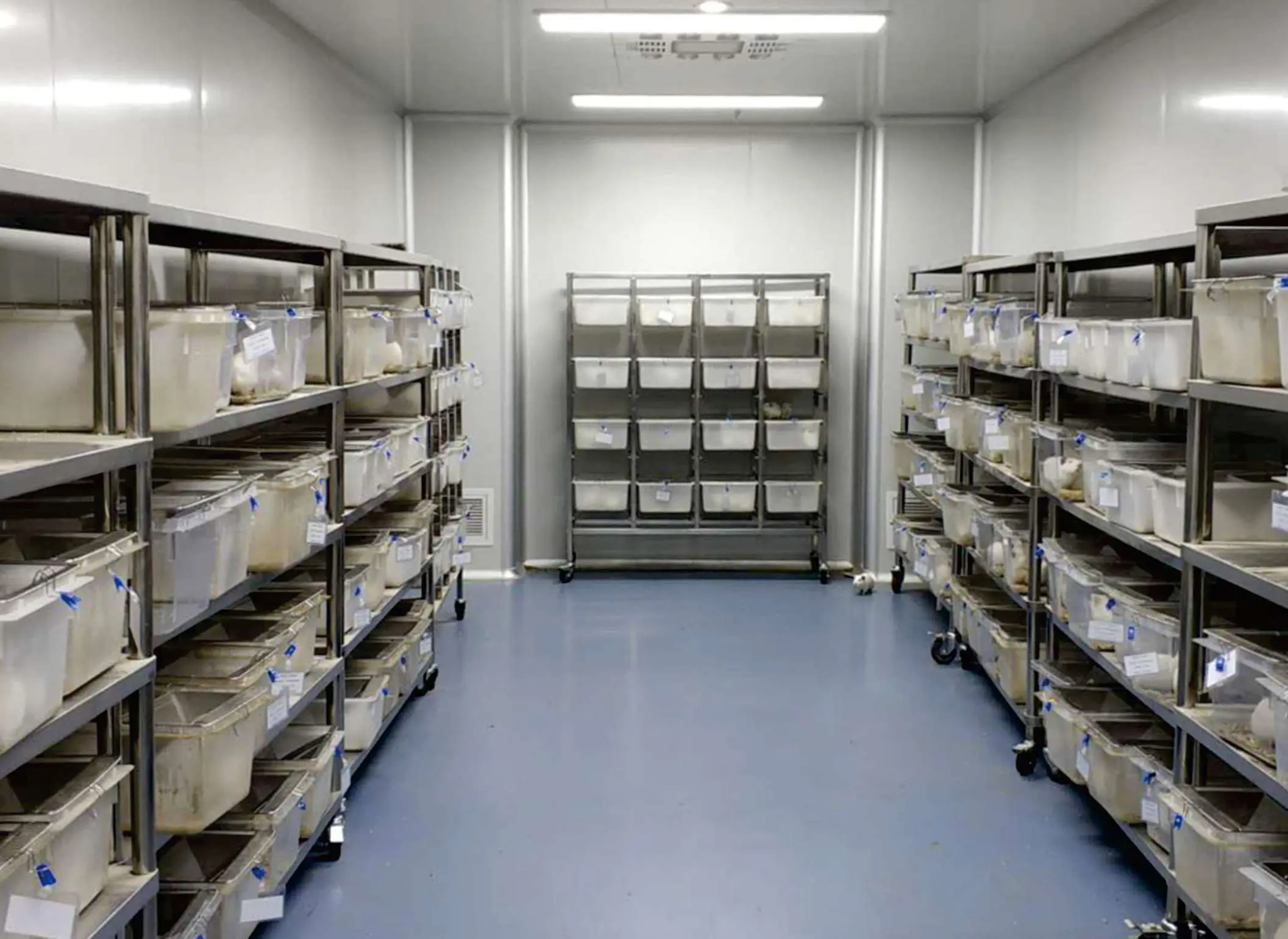
CE Certification Standards for Wireless WiFi Products
WiFi, which stands for wireless network, falls under the category of wireless local area networks and refers to "Wireless Compatibility Certification." Essentially, it's a commercial certification and a wireless networking technology. Previously, computers were connected via cables, but Wi-Fi connects through radio waves.

In WiFi terminology, 2.4G and 5G refer to frequency bands (GHz). 2.4G is a wireless technology operating in the frequency range of 2.400GHz to 2.4835GHz, hence the name 2.4G wireless technology. 2.4G WiFi refers to the IEEE 802.11b technology standard, which is part of the IEEE 802.11 series standards operating in the 2.4GHz frequency band. 5G WiFi refers to the wireless technology developed based on the IEEE 802.11ac standard, which operates in the 5GHz frequency band, hence the name 5G WiFi.
CE certification Standards for Wireless WiFi 2.4G Products:
- radio frequency testing Standard: ETSI EN 300 328 V2.2.2
- Electromagnetic Compatibility Testing Standard: ETSI EN 301 489-17 (same for 2.4G/5G WiFi/BT standards)
- Electrical Safety Testing Standard: EN 62368-1 (same safety standard for wireless information technology products)
- sar testing Standards: EN 62209-1 (Head SAR), EN 50566 (Body SAR), EN 50665, EN 50663
CE Certification Standards for Wireless WiFi 5G Products:
- Radio Frequency Testing Standards:
- ETSI EN 301 893 V2.1.1 (5G WiFi: 5150-5700MHz)
- ETSI EN 300 440 V2.2.1 (5G WiFi: 5725-5875MHz)
- Electromagnetic Compatibility Testing Standard: ETSI EN 301 489-17 (same for 2.4G/5G WiFi/BT standards)
- Electrical Safety Testing Standard: EN 62368-1 (same safety standard for wireless information technology products)
- SAR Testing Standards: EN 62209-1 (Head SAR), EN 50566 (Body SAR), EN 50665, EN 50663 (MPE)
The JJR Laboratory in China provides CE certification testing services.
Email:hello@jjrlab.com
Write your message here and send it to us
 When Can FCC ID Modifications Be Filed?
When Can FCC ID Modifications Be Filed?
 LoRa Certification Testing Laboratory
LoRa Certification Testing Laboratory
 Blood Pressure Monitor Certification Testing Servi
Blood Pressure Monitor Certification Testing Servi
 ECG Device Certification Testing
ECG Device Certification Testing
 Pulse Oximeter Certification and Testing Standards
Pulse Oximeter Certification and Testing Standards
 IVD Medical Device GB 4793:2024 Test Report
IVD Medical Device GB 4793:2024 Test Report
 IECEE CBTL Testing Laboratory for IVD Medical Devi
IECEE CBTL Testing Laboratory for IVD Medical Devi
 China OECD GLP-Certified Laboratory
China OECD GLP-Certified Laboratory
Leave us a message
24-hour online customer service at any time to respond, so that you worry!




